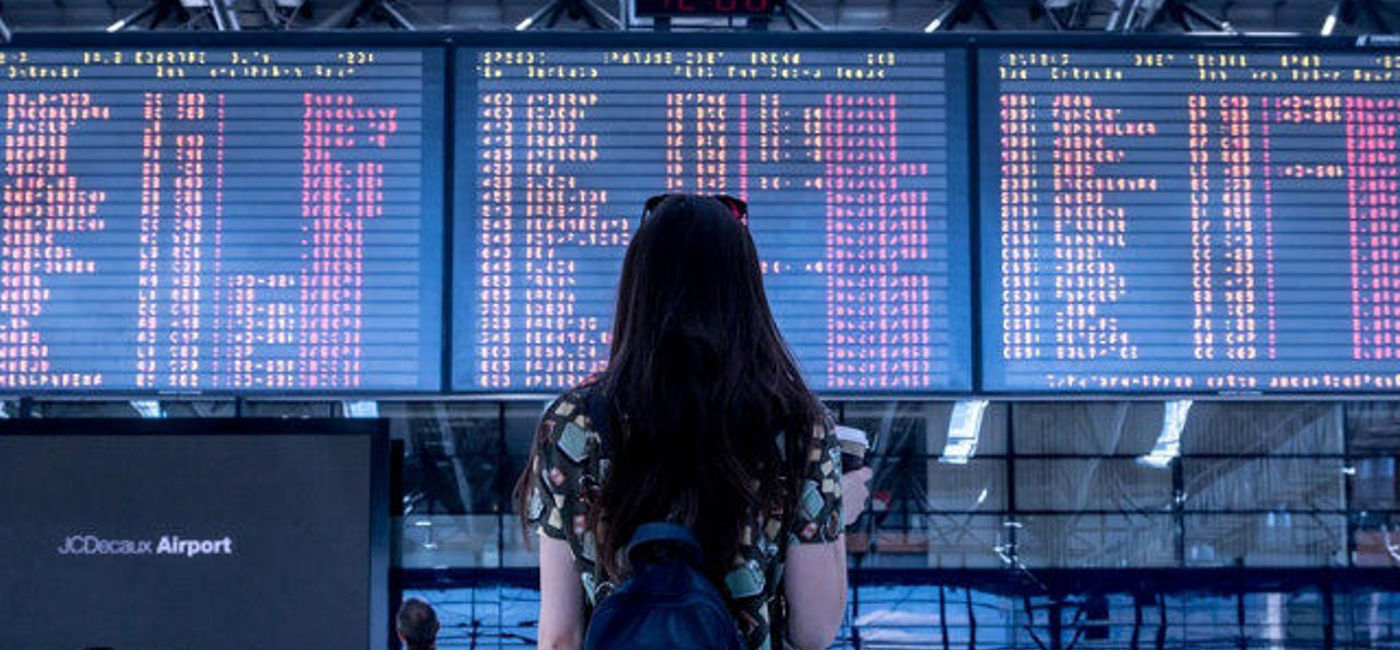How Flight Delays, Cancellations Stand To Affect Fourth of July Travelers

Americans with travel plans over the long weekend leading up to the Fourth of July had better brace themselves for a record-breaking travel rush and, an increased probability that they’ll be encountering flight delays and cancellations along the way.
AAA’s travel forecast, which expects this Fourth of July holiday to be the busiest ever, predicting that 50.7 million travelers will journey more than 50 miles from home. That will break the previous record, set in pre-pandemic 2019, of more than 49 million people.“We’ve never projected travel numbers this high for Independence Day weekend,” Paula Twidale, senior vice president of travel at AAA, told The Washington Post.
The Federal Aviation Administration (FAA) and the Transportation Security Administration (TSA) have said they anticipate Thursday and Friday will prove to be the busiest days for air travel, with roughly 2.8 million passengers taking to the skies on Friday.
A slew of flight disruptions, which started this past weekend, has spilled over into the first half of the week preceding the patriotic holiday. The intense bout of delayed and cancelled flights has been attributed to a combination of factors, including weather-related issues, staffing shortages at airlines and air traffic controller insufficiencies.
According to air travel tracking website FlightAware—out of all flights within, into or out of the U.S.—30,566 were delayed and 2,053 were cancelled on Wednesday alone. Tuesday wasn’t much better, with 28,770 total delays and 2,845 cancellations. And, Monday was even worse, with 32,187 flight delays and 2,915 cancellations, all told.
United Airlines has been hit hardest by flight disruptions over the past several days, and continued to top the list of offending airlines on Thursday, with 14 percent of its flights cancelled and 25 percent delayed as of 5:00 p.m. EDT. Things were even worse earlier in the week, with United forced to cancel 26 percent and delay 45 percent of its schedule on both Tuesday and Wednesday.
United passengers have been complained about the size of queues at the airport, mishandled baggage, long wait time while on-hold with customer service and a lack of information being provided by the airline. The backlash from customers prompted CEO Scott Kirby to publicly point the finger at the FAA, saying that an inadequate number of air traffic controllers was the cause of the carrier’s travel disruptions.
However, United employees’ union said that an air traffic controller shortage is not solely to blame, citing internal issues at the airline, including crew scheduling. Weather has also played a significant role in disruptions during recent days, with smoke from Canadian wildfires affecting airports in the Northeast, rain and thunderstorms headed for the East Coast this weekend, and an oppressive heat wave across the southern U.S., stretching from Arizona to Louisiana.
Transportation Secretary Pete Buttigieg reportedly said Wednesday that, despite it having been a rough week for travelers thus far, things appear to be improving. “We’ve seen the system perform much better than it did a year ago,” he said. “I think that reflects the work we’ve done. I think it reflects the airlines stepping up. I want to give them credit where credit is due. But clearly there’s a long way to go.”
